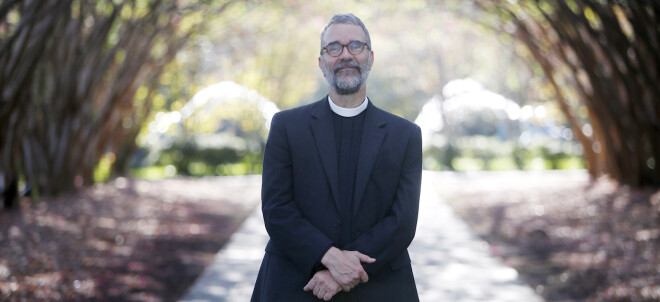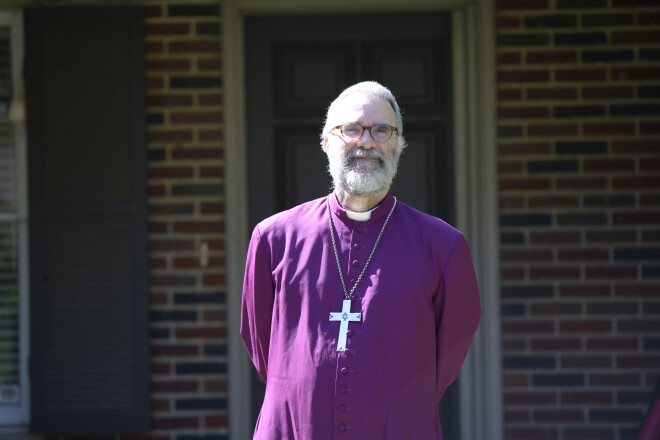An Island of Convivencia

The history between Islam and Christianity is a long, sad tale with more than its share of misunderstanding, hardness of heart, and, sometimes, violence, be it of Crusade or Jihad. But there have also been islands, interludes, intermezzos, of peace and conversation. I do not mean periods of pluralism, as the modern age often understands it, in which their respective truth claims would be blunted or obscured; on the contrary these provided the grounds for lively debate.. In several cases the respite for speaking and hearing included Judaism as well. One such as the Abbasid Caliphate centered in Baghdad in the 9th century, with its ‘House of Wisdom’. Another was the medieval period of what was in al- Andalus (Spain) called ‘la convivencia’, ‘the common life,’ where, for example, Muslim, Jewish, and Christian scholars rediscovered the philosophy of Aristotle. Convivencia has not been the norm, but it has offered a shining vision of what the relationship could be on the way to the Last Day, on which all three traditions believe that God will have His final say.
So what is newsworthy? In our time especially, the loudest, and the most shocking or conflictual wins. But sometimes the truly newsworthy manages a paragraph or two amidst the rest. A few days ago, down a dark side street in Baghdad, with a perimeter set by a militia, an old man in a white cassock approaches the door of a modest home and knocks. Another old man, in a black gown and turban, greets him at the door. They then sit in a bare room, drink tea together, and talk. They were Pope Francis and the Shiite Ayatollah al-Sistani. Painful history ancient and recent, deep theological difference, and fraught political implications swirled around them both. Still, they honored each other- Francis by coming to his house, al-Sistani by standing to greet him, both by sharing the repast, all of it a kind of sacrament of convivencia. (When I heard of the meeting, I wondered if the Pope had in mind the meeting of Saint Francis and Saladin in Cairo in the early 13th century, also a surprisingly irenic conversation). Francis advocated for the beleaguered Iraqi Christian community, and the Ayatollah set out the traditional Islamic grounds for their protection and right to worship. At the conclusion, the accompanying risks and tensions had not evaporated magically, but, something remarkable had taken place. Those two old men had articulated what was best in the historic relation of their community of faith to its neighbor.
You and I do not live with the same level of tragedy and volatility as those two spiritual leaders. But I believe that the way of convivencia is the road God is laying out ahead of us in so many moments and places near as well as far. We hold to the Creed with conviction and reasoned appeal. We are also ready to sit and drink tea with our counterpart. Together we articulate the urgent importance for a space in which each can speak and pray freely. The Port of Peace, Dar es Salaam, el Puerto de Paz, if only for that place and time, becomes a sign of hope. We are reminded of the willingness of our Lord to sit down at table with those others thought unlikely. Friend and neighbor are vocations inseparable from evangelist, advocate, deacon, healer, and teacher, reaching back, with the guidance of Scripture, to what is best in our history. Lord, may it be so on every area of our lives. Amen. +GRS




